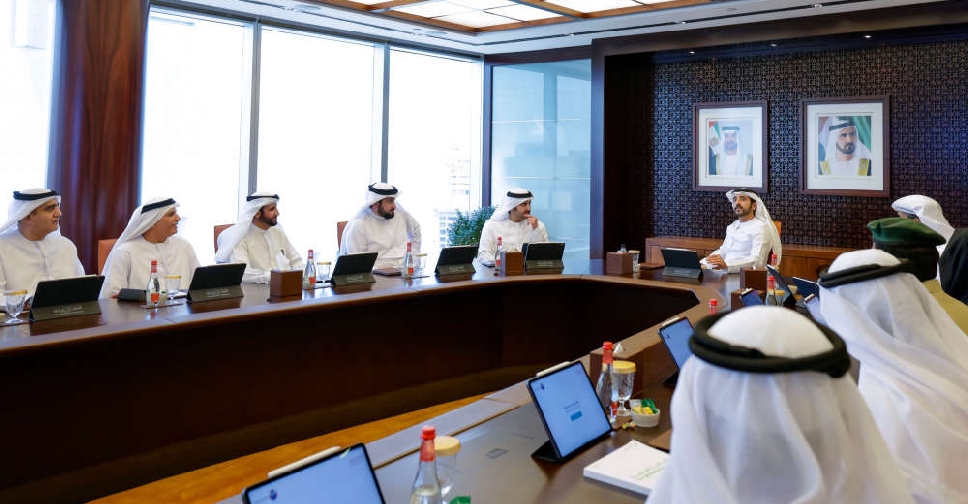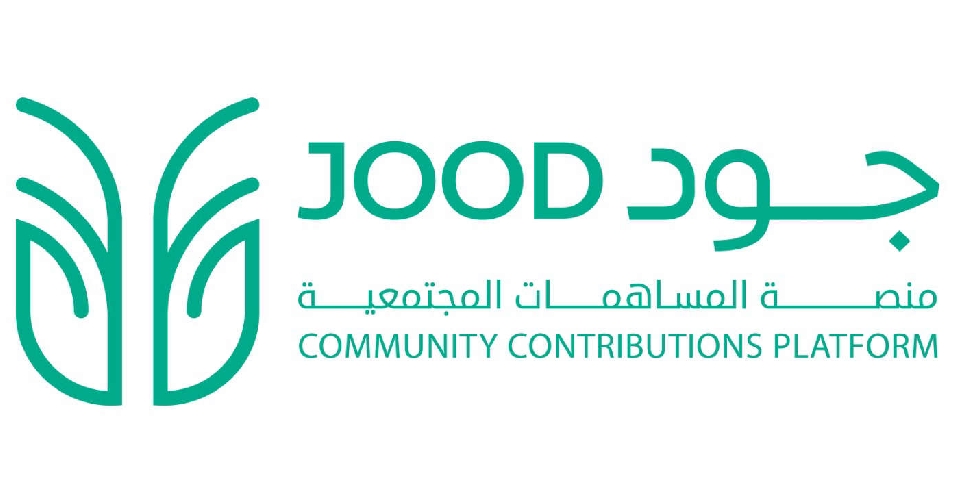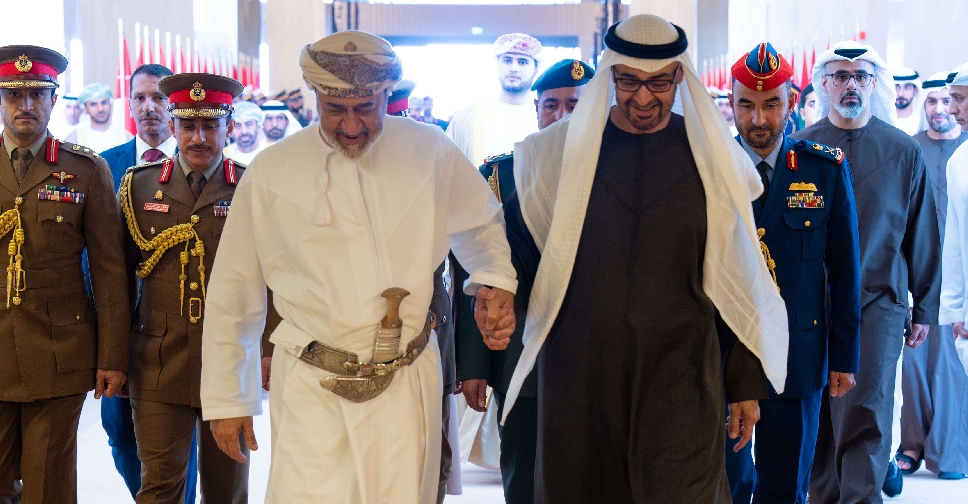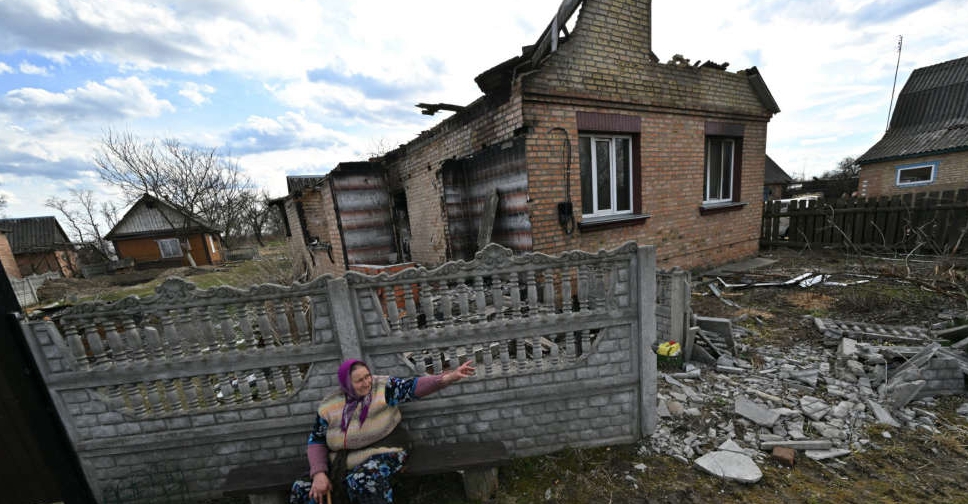
The European Commission chief and the EU's top diplomat will meet Ukrainian President Volodymyr Zelenskiy in Kyiv on Friday to offer financial and moral support in a capital gradually reawakening after Russian forces withdrew from its outskirts.
Travelling by train from Brussels to Kyiv, Josep Borrell, the European Union's chief diplomat, told reporters the visit was a signal that "Ukraine is in control of its territory" and the government was still in charge.
"Ukraine is not a country invaded, dominated. There is still a government (which) receives people from outside and you can travel to Kyiv," Borrell said, adding he hoped the EU would offer another 500 million euros ($543.25 million) to Kyiv in the coming days.
He also said the trip would allow the bloc to outline the measures the EU has taken to "isolate Russia" over its six-week-old invasion of Ukraine, a war Moscow describes as a "special operation".
Zelenskiy rejects Moscow's assertion, and says the war raging in parts of his country for the last six weeks is a direct attack on not only Ukraine's existence, but also on the security of Europe as a whole.
As the EU leaders were poised to arrive, more than 30 people were killed and over 100 wounded in a Russian rocket strike on a railway station in east Ukraine as civilians tried to evacuate to safer parts of the country, the state railway company said.
Moscow's incursion has seen more than 4 million people flee abroad, killed or injured thousands and reduced cities to rubble though Russian forces have failed to take any major cities.
Zelenskiy has urged Brussels to do more to punish Russia, including banning purchases of oil and gas from the country, and has called on the EU to accept Ukraine as a full member.
Borrell said oil sanctions were "a big elephant in the room", with some concerns that a move to cut out Russian crude could cause a spike in prices painful to European economies. He said a decision on exports would be raised on Monday in Brussels.
Borrell and European Commission President Ursula Von der Leyen are the latest Western leaders to visit Kyiv after the prime ministers of Poland, Slovenia and the Czech Republic travelled to meet Zelenskiy last month.

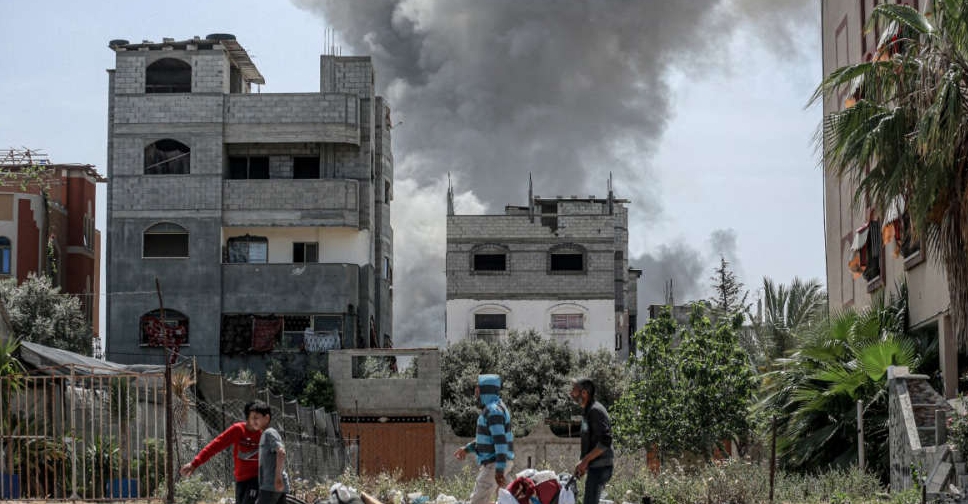 Israel military strikes northern Gaza in heaviest shelling in weeks
Israel military strikes northern Gaza in heaviest shelling in weeks
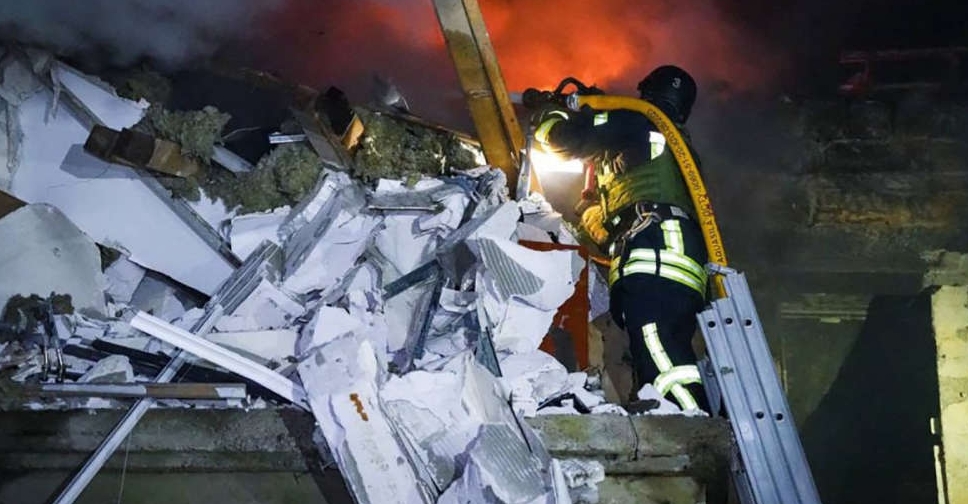 Russian drone attack injures 7 in Ukraine's Odesa, officials say
Russian drone attack injures 7 in Ukraine's Odesa, officials say
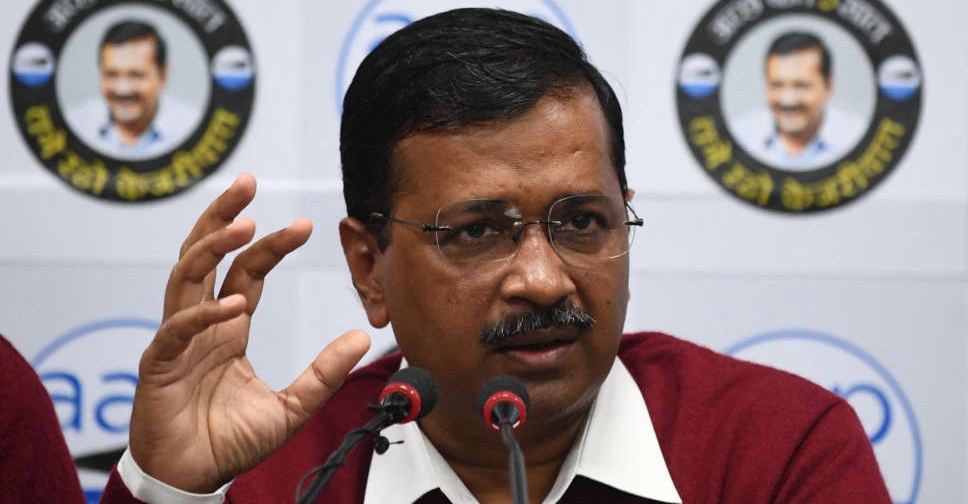 Indian court extends pre-trial detention of opposition leader Kejriwal
Indian court extends pre-trial detention of opposition leader Kejriwal
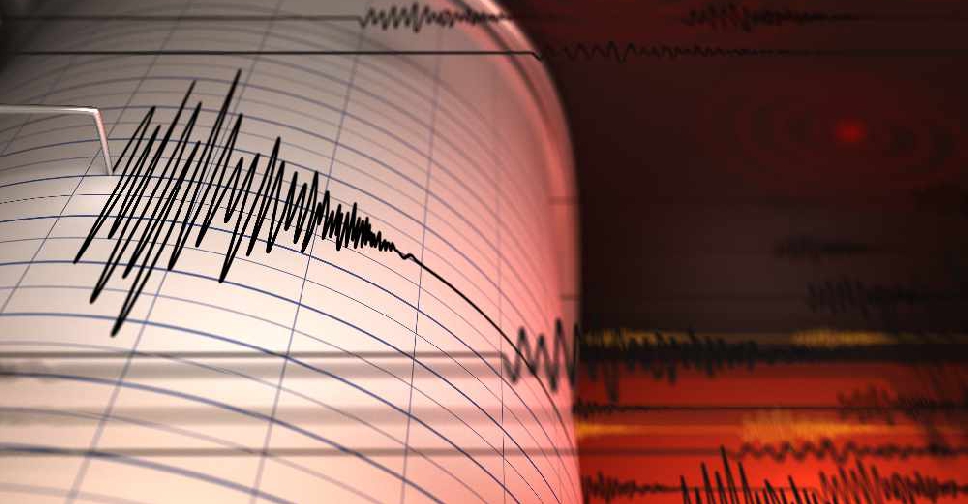 Taiwan rattled by more than 200 quakes, but no major damage
Taiwan rattled by more than 200 quakes, but no major damage
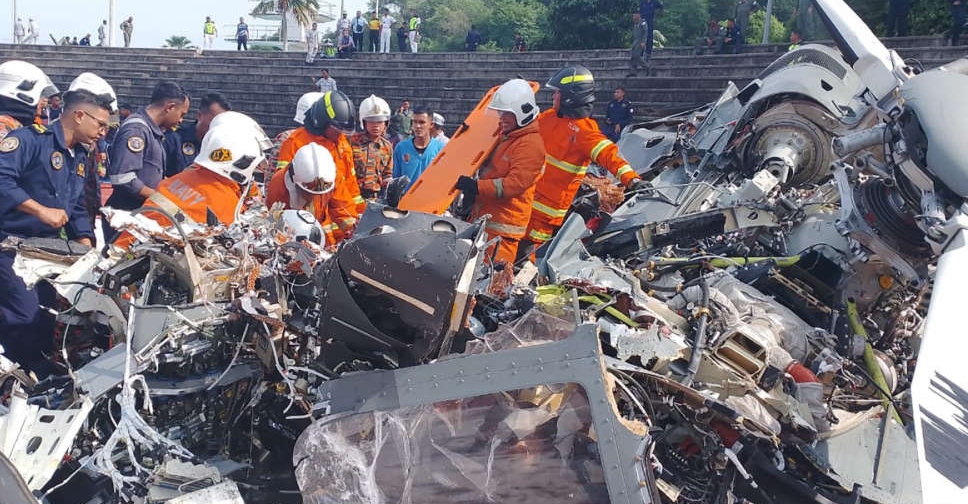 Malaysian navy helicopters collide in mid-air, 10 killed
Malaysian navy helicopters collide in mid-air, 10 killed
